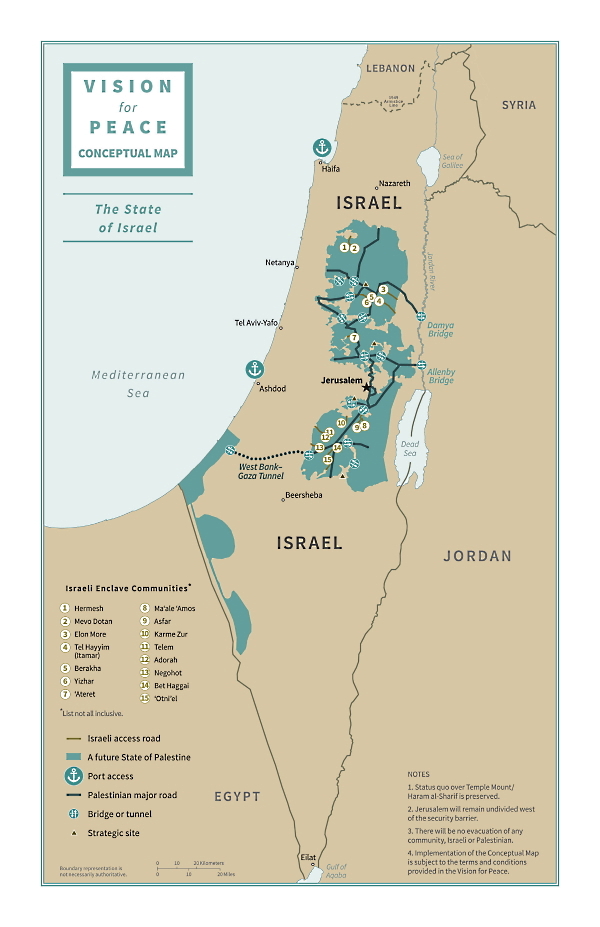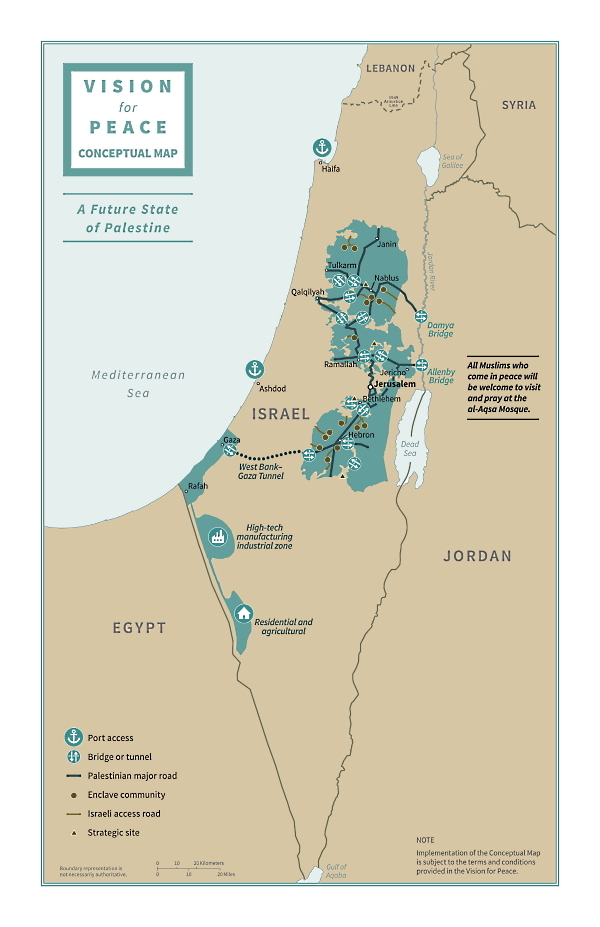Is there anything worse than European misoziony?*
How about the Jewish version?
I dislike the expression “self-hating Jew” because Jewish antisemites and misozionists generally think a great deal of themselves. They see their own Jew-hatred as a moral position, made even more admirable because despite their own Jewishness, they have the courage to speak out against what they believe is the evil enterprise of Zionism and the Jewish state. They believe this will endear them to non-Jewish antisemites, who will appreciate their principled commitment (and kill them last).
There are several subtypes of antisemitic Jew. One is the Israeli extreme leftist or anarchist, often the descendant of the founders of the state, who takes all Palestinian complaints about Israel seriously, feels agonizing guilt over the actions of his people in creating and protecting the Jewish state, and whose misoziony spills over into pure Jew-hatred (“Israel is evil because Jews have made it so,” he might say).
A perfect example is Ha’aretz writer Gideon Levy, who each time he writes a column tries to top his previous vituperation against his country and (especially) its soldiers. Levy is well paid, but you can tell he doesn’t do it for the money. His heart is in it, and his pain at being a part of it, albeit against his will, is evident. Israeli media and academia are loaded with these, although the average Jewish Israeli holds them in contempt.
Gideon Levy has an ugly and warped perspective, but he is actually somewhat familiar with the Jewish state, since he lives in it. The next kind of misozionist Jew, the progressive American activist, knows less than nothing about Israeli reality, although they may have visited the country (perhaps on a tour that included the “West Bank”). These young men or women learned the terrible “truth” about Israel and how they had been “lied to” in religious school from their teachers and peers in college, where they joined J Street U, If Not Now, Jewish Voice for Peace, Students for Justice in Palestine, or countless other organizations dedicated to Israel’s destruction. There they were indoctrinated with the Palestinian counter-narrative against Zionism. And there they received their payback, in the form of a sense of belonging, being a part of a righteous struggle, and meeting attractive students of the opposite sex. They are spared the cognitive dissonance suffered by the Gideon Levys, because unlike them, they have no idea of the reality of the Jewish state.
Once indoctrinated, they act. Recently an If Not Now activist suggested to Democratic Presidential Candidate Elizabeth Warren that AIPAC was “an unholy alliance” of “Islamophobes,” “anti-semites, and white nationalists” that perpetuates “bigotry” (and received a positive response from the candidate): (video here). AIPAC has been the most centrist of all pro-Israel groups, going out of its way to avoid partisanship, even when the issue of Israel is becoming one of the most partisan in American politics. Indeed, when recent AIPAC ads in Facebook mentioned “radicals in the Democratic Party” – a reference to fiercely anti-Israel Ilhan Omar, Rashida Tlaib, and Betty McCollum – AIPAC issued an abject apology. But apparently for If Not Now any expression of pro-Israel sentiment constitutes “bigotry” (I haven’t figured out yet how it can be antisemitic).
Speaking of candidates, front-running as-a-Jew Bernie Sanders called PM Binyamin Netanyahu a racist, wrote an article on “How to Fight Antisemitism” which only discusses the Jew-hatred of the extreme Right, blames Donald Trump for it, and does not mention left-wing or Islamic Jew-hatred. He even advocated the US returning to the viciously anti-Israel UN Human Rights Commission as a step in opposing antisemitism. Bernie thinks Israel was “disproportionate” in its reaction to rocket and tunnel attacks from Gaza, and would like to see Jewish settlements in Judea and Samaria razed and the residents expelled. And he appointed Palestinian activist Linda Sarsour as his surrogate.
Then there are those, both in the diaspora or Israel, who simply see a profit in signing up with the forces of misoziony. There are progressive writers like Peter Beinart, who wrote a piece critical of the Jewish establishment for its right-wing Zionism, later expanded it into a book, and became the darling of the media as a young, progressive, Jewish – he calls himself an Orthodox Jew – intellectual who always has a bad word for the Jewish state. Here in Israel, anti-state activists go to work for NGOs like B’Tselem where they are paid to subvert the state with money coming from Europe.
But possibly I’ve been unfair. I’ve only discussed liberal or progressive Jews. Here in Israel we have some very non-progressive folks, who are firmly in the misozionist camp. The so-called Jerusalem Faction of Haredi (“ultra-Orthodox”) Jews opposes not only the requirement for young people to serve in the military or do alternative national service, but even to apply at the draft board for an exemption (which they will receive). Whenever someone is arrested for a particularly egregious act of refusal, they block roads and rail lines. Their refusal is supposedly based on the non-observant nature of army life – the army does make a great effort to allow observant soldiers to obey the commandments, but of course it will never be enough for this group – but the fact that they refuse to even request exemptions illustrates that they don’t recognize the authority of the Zionist government.
It is ironic that these extremists, if they chose to live in Brooklyn, London, or Paris, would be exposed to the violent antisemitism that has recently been targeting anyone who is visibly Jewish. This does not happen to them in Jerusalem or Bnei Brak, thanks to the protection they receive from the IDF which defends the nation, and the police and Border Patrol officers that they throw rocks at. And yet they believe that they are perfectly justified in hating the state and the people that protect them.
So here you have it: the anti-state Ha’aretz writers, the American If Not Now-niks, the front-running Jewish candidate for US President, the “as-a-Jew” intellectuals, and the Haredi draft opponents. I didn’t bother to mention the countless academics, both in Israel and America, who see their jobs as teachers to indoctrinate students with the misozionist Palestinian narrative. Nor did I mention Israeli filmmakers, whose products (subsidized by European investors), if they have any political content at all, are always sharply critical of our country.
Yes, there are a few ex-Muslims who have the courage to publicly criticize Islam. There are some Arab writers who talk about how their nations have been damaged by the obsession with Israel, and to even suggest that they should move in the direction of normalization. But the idea that a large number of Arabs would side with their enemies is ludicrous.
What is it about Jews?
_______________________
* Misoziony (pronounced mis-OZ-yoni) is the extreme and irrational hatred of the Jewish state. It is antisemitism raised up one level of abstraction, although almost all misozionists are antisemites as well.


